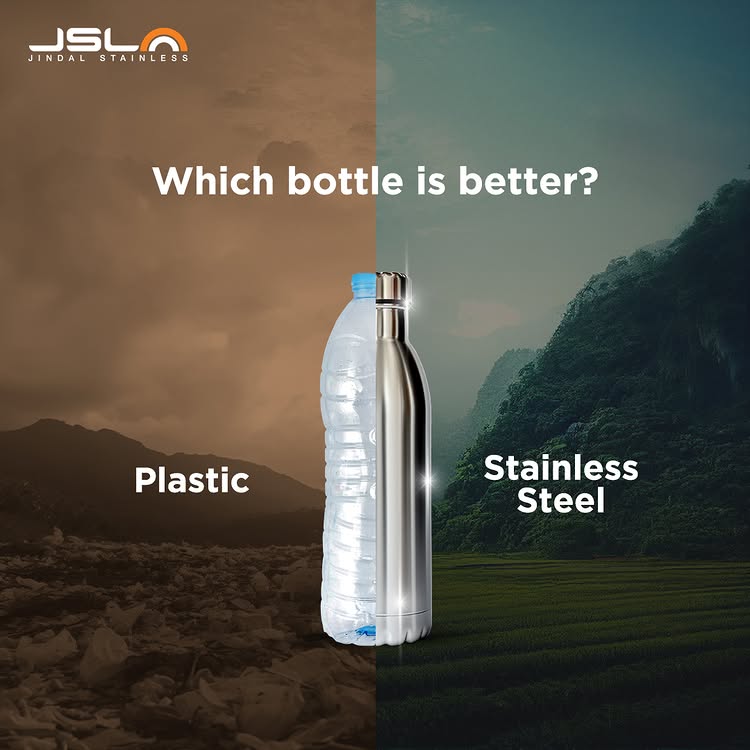The Jindal Stainless Social Commitment
December 11, 2018
It is important for corporations to get engaged directly with the community and make CSR initiatives meaningful by developing good relationships with people.
A Private-Public-People partnership model, with good monitoring mechanisms, will ensure that the beneficiaries further contribute toward the overall development and growth.
What is CSR for us?
Jindal Stainless has undertaken a number of CSR initiatives like skill training and education, integrated preventive health, rural development, livelihood generation, women empowerment and entrepreneurship, human rights and business and advocacy. The programs are being implemented either directly by the company or through Jindal Stainless Foundation, under the dynamic leadership of Ms Deepika Jindal, Chairperson, Jindal Stainless Foundation. Some of the initiatives are implemented through implementing partners. However, what is important that all programs have been developed based on ‘needs of the communities’ after conducting base line surveys and NOT on perceptions of the corporate as to what they think are the needs of the community.
Besides engaging in innovative projects around the plant locations, we have been promoting the concept of CSR through various forums across geographies from bilateral engagements to many structured institutions like the United Nations and other platforms like international and national level industry associations. We have signed the United Nations ‘Women Empowerment Principles (WEP) CEO Statement of Support’ and have been aligning the engagement parameters along the seven principles articulated in the WEP. Efforts are constantly being made to link the activities to the UN Sustainability Development Goals (SDG).
Our CSR policy lays emphasis on various issues. We have given adequate credibility to the United Nations Guiding Principles (GPs) on Business and Human Rights, which India strongly supports. The GPs framework of ‘Protect, Respect and Remedy’ has articulated the responsibility of corporations to focus on the second pillar of the framework i.e. the pillar of ‘Respect’. To create greater awareness in the area of Business and Human Rights, we have been instrumental in creating the first ‘India CEO Forum on Business and Human Rights’, which was chaired by Mr NR Narayana Murthy, Founder, Infosys, in the initial stages.
The era of mere charity, welfare and philanthropy is over. Instead, sustainability has become the critical mass around which structures will have to be built. The only message in the sum game of Business Responsibility is to remain committed to respecting and developing people and in the process, developing communities. The overarching aim of the exercise is to win hearts and minds of people through a continuous process of speaking the language of the heart and aligning communities toward an ‘Inclusive Society’.





